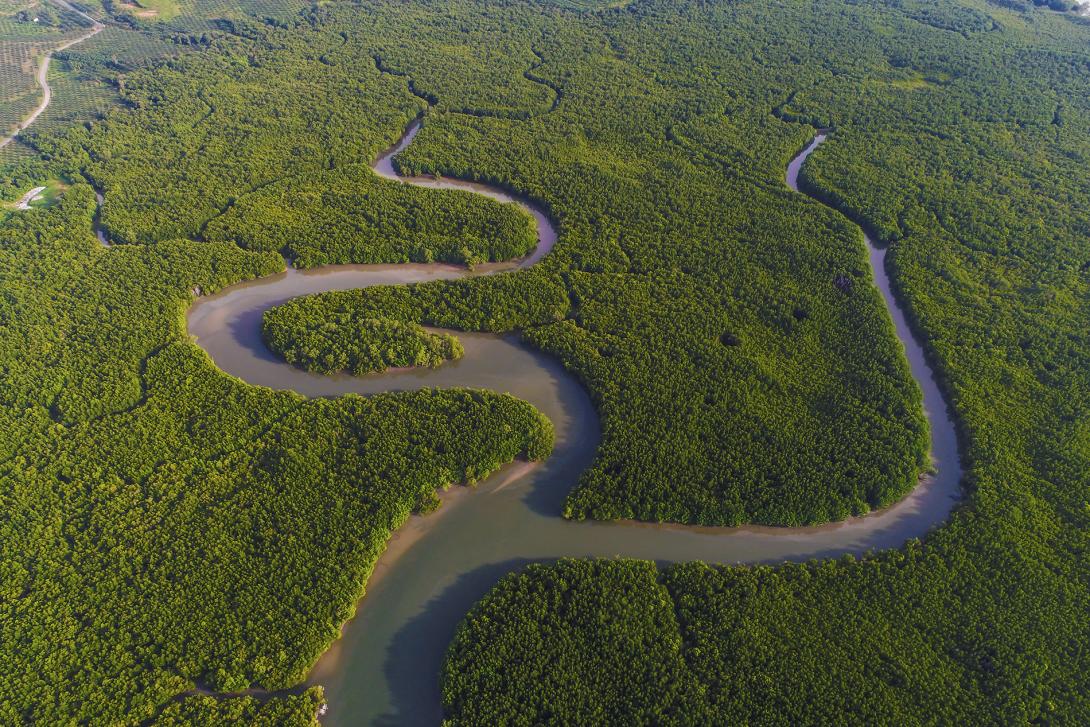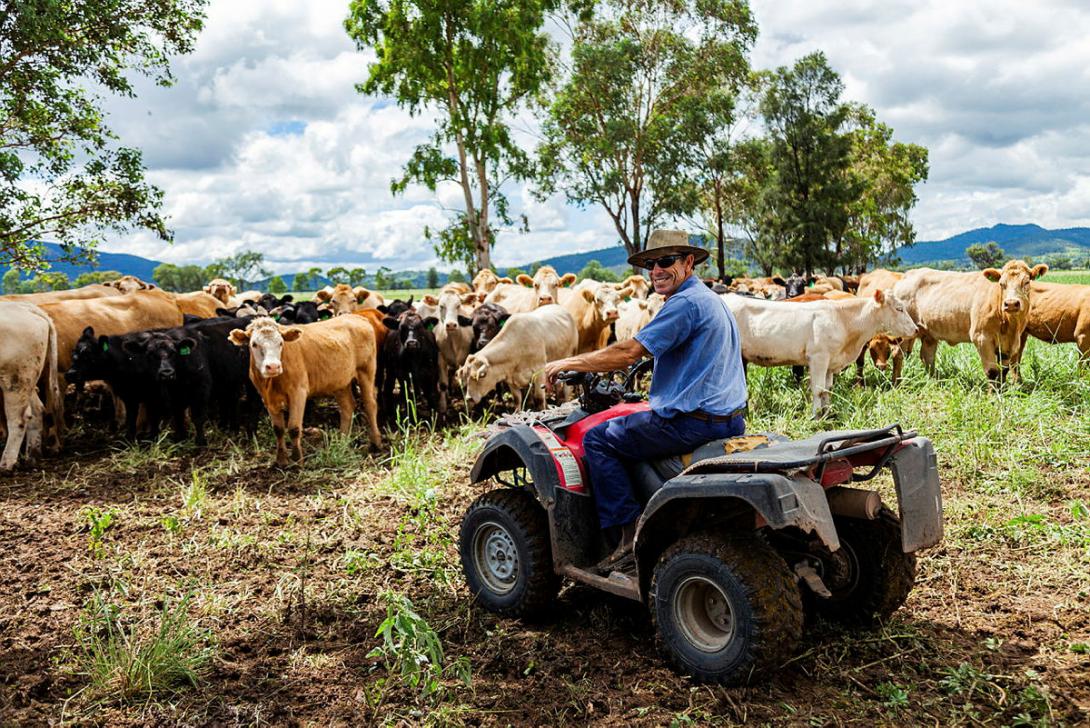Australian Carbon Credit Unit Scheme methods
About ACCU methods
A methodology determination (method) is a set of requirements and rules for running a project under the Australian Carbon Credit Unit (ACCU) Scheme. Projects under methods reduce emissions or store carbon in soils and vegetation.
Each method specifies:
- the activities you can conduct
- how you need to measure carbon abatement
- your monitoring, record keeping and reporting requirements.
You must run your project in accordance with the method you've chosen.
ACCU Scheme methods cover projects across:
Agriculture methods
Agriculture method projects reduce farming and land emissions.
Project activities for these methods include:
- recycling and reusing animal waste
- storing carbon in soil
- switching farm animal diets and fertilisers.
Animal effluent management method
Recycle and reuse animal waste through an eligible animal waste treatment facility.
Estimating soil organic carbon sequestration using measurement and models method
Demonstrate an increase in soil carbon above the baseline level by testing and sampling soil.
Energy efficiency methods
Projects under energy efficiency methods reduce electricity and natural gas use. Project activities for these methods include:
- upgrading to more energy efficient equipment
- installing new energy efficient equipment.
High efficiency commercial appliances method
Building owners can improve energy efficiency by upgrading or replacing cooling appliances.
Industrial and commercial emissions reduction method
Industrial or commercial businesses can improve energy efficiency by reducing business emissions.
Industrial equipment upgrade method
Businesses can run projects to upgrade or replace their heating or cooling appliances.
Refrigeration and ventilation fans method
Commercial or industry businesses can reduce emissions by upgrading or replacing refrigeration and ventilation fans.
Landfill and waste methods
Landfill and waste method projects upgrade or install facilities to reduce waste emissions.
Project activities for these methods include:
- treating and destroying waste using eligible waste treatment equipment
- converting waste into biomethane to produce electricity
- separating organic waste from other waste.
Reducing methane emissions from landfill gas method 2025
Collect landfill gas and either combust methane to destroy emissions or upgrade biogas to biomethane which is then used as a natural gas substitute.
Source separated organic waste method
Businesses in the food, garden waste or hospitality industry can separate organic waste from landfill waste.
Mining, oil and gas methods
Mining, oil and gas method projects re-route, flare or combust leaked facility emissions.
Project activities for these methods include:
- storing greenhouse gases underground
- destroying or converting oil and gas leaks.
Carbon capture and storage method
Inject greenhouse emissions from oil and gas activities underground for permanent storage.
Vegetation methods
Vegetation method projects remove carbon dioxide from the atmosphere and store it as carbon in plants.
Project activities for these methods include:
- reforestation
- revegetation
- managing safe fire burning practices
- protecting native forest or vegetation at imminent risk of clearing.
All vegetation projects have permanence obligations and must record fuel use for sequestration.
Find a method suitable for you in our evidence required for regeneration sequestration projects and requirements for all planting projects.
Establish, convert or transition to forestry plantations.
Savanna fire management methods
Manage and plan savanna fire activities that burn in north Australia to reduce emissions.
Tidal restoration of blue carbon ecosystems method
Reintroduce tidal flow to coastal wetland ecosystems for blue carbon storage.
Reforestation by environmental or mallee plantings FullCAM method 2024
Plant trees to store carbon and earn Australian carbon credit units.
Find out more
Closed methods
Eligibility for the ACCU Scheme
Apply to participate in the ACCU Scheme
Method variations and expiry

